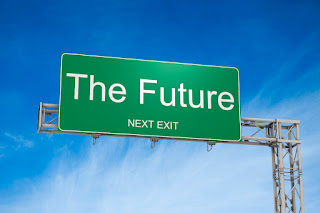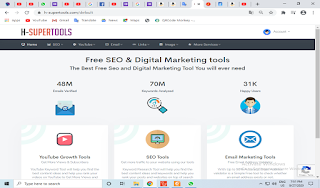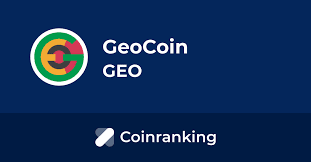What does the future look like? This is a question that many people ask themselves, especially in times of uncertainty and change. The future is not a fixed destination, but a dynamic and complex process that depends on many factors, such as technology, economics, politics, culture, environment, and human choices. In this blog post, I will explore some of the trends and scenarios that could shape the future of everything from education to energy, from health to happiness.
One of the most influential trends that will affect the future is the demographic transition. The world population is expected to reach 9.7 billion by 2050, with most of the growth occurring in Africa and Asia. This will create new challenges and opportunities for development, migration, urbanization, consumption, and sustainability. How will we feed, house, educate and employ so many people? How will we balance the needs of different generations and regions? How will we cope with the social and cultural diversity that comes with globalization?
Another key trend that will impact the future is the technological revolution. We are witnessing an unprecedented pace and scale of innovation in fields such as artificial intelligence, biotechnology, nanotechnology, robotics, quantum computing, and space exploration. These technologies have the potential to transform every aspect of our lives, from how we communicate and learn to how we work and play. They could also create new risks and ethical dilemmas, such as privacy, security, inequality, and human dignity. How will we harness the power of these technologies for good? How will we regulate and govern them? How will we adapt to the changes they bring?
A third major trend that will shape the future is the environmental crisis. The effects of climate change are becoming more visible and severe, such as rising temperatures, melting ice caps, extreme weather events, sea level rise, and biodiversity loss. These effects pose serious threats to our health, food security, water supply, infrastructure, and ecosystems.
They also have geopolitical implications, such as conflicts over resources, migration, and humanitarian crises. How will we mitigate and adapt to climate change? How will we transition to a low-carbon economy? How will we protect and restore our natural environment?
These are some of the big questions that we need to ask ourselves as we look ahead to the future. Of course, many other factors and uncertainties could influence the outcome, such as political decisions, social movements, cultural values, and individual actions. The future is not predetermined or predictable; it is created by us and for us. Therefore, we have a responsibility and an opportunity to shape it in a way that reflects our vision and values.
Some technological advancements predicted for the future include:
- The rise of artificial intelligence and natural language processing.
- The development of quantum computing.
- The use of blockchain technology.
- The growth of renewable energy sources.
- The development of autonomous vehicles.
- The use of virtual and augmented reality in various industries.
Some economic advancements predicted for the future include:
- The rise of e-commerce and online marketplaces.
- The growth of the sharing economy.
- The development of cryptocurrencies and digital payment systems.
- The use of big data and analytics to drive business decisions.
- The growth of automation and robotics in various industries.
Some predictions for the near future include:
- The continued growth of e-commerce and online marketplaces.
- The rise of remote work and telecommuting.
- The increased use of automation and robotics in various industries.
What do you think the future will look like? What are your hopes and fears? What are your goals and actions? Share your thoughts in the comments below.






Comments
Post a Comment